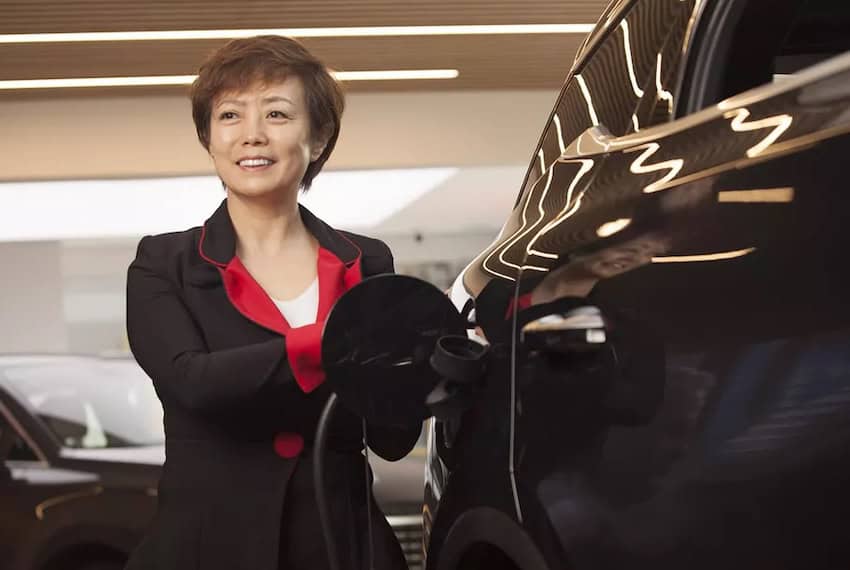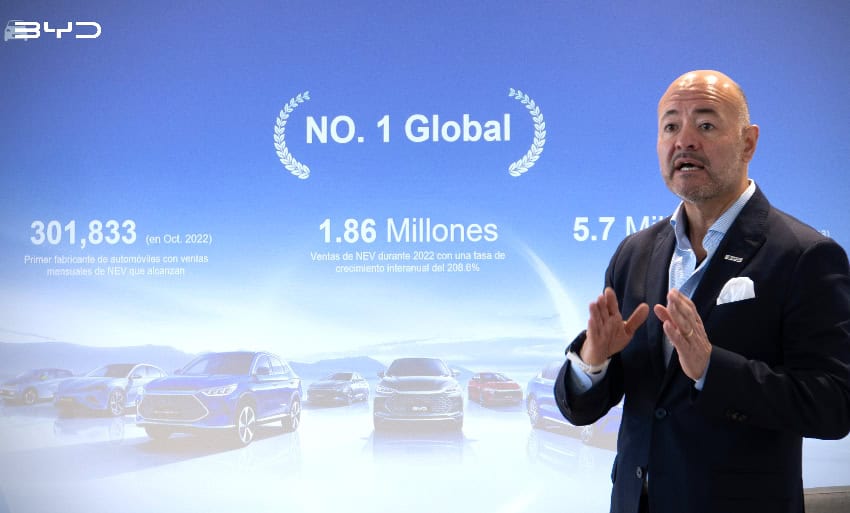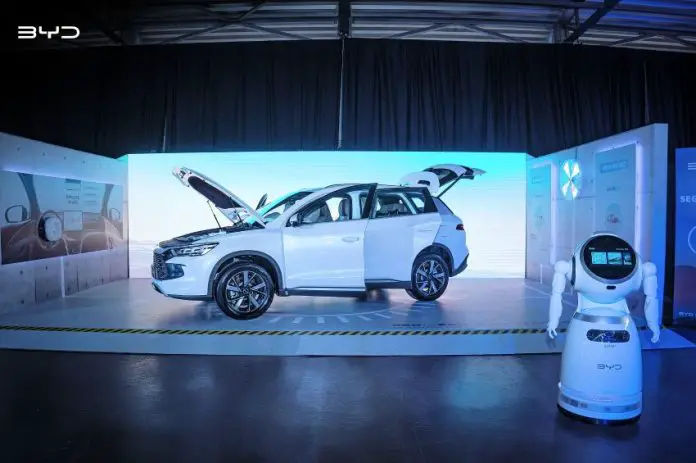Chinese electric vehicle manufacturer BYD is considering locations in three Mexican states for its proposed plant, according to the company’s general director for Mexico.
The Shenzhen-based company confirmed in February that it would open a plant in Mexico to manufacture electric vehicles (EVs) to be sold within the country.

Jorge Vallejo, BYD’s top executive in Mexico, told Reuters last week that the firm — the world’s biggest EV maker — has narrowed the list of potential locations for the plant to three states.
He said that BYD is reviewing incentives proposed by each of the three states, but didn’t reveal the states he was referring to. BYD Americas CEO Stella Li said earlier this year that the plant in Mexico will be located centrally in the country.
Vallejo told Reuters that the three states under consideration have offered “many benefits” including fiscal, land, management and preferential pricing incentives.
“A plant is not only about having the space, but the logistics, all the development, urban infrastructure that is generated, water, gas, everything that is needed for an automotive plant,” the general director said.
“There are many elements, even logistical, that we are analyzing together with them,” Vallejo said.
He said that BYD is aiming to settle on a location by the end of the year. The company hasn’t disclosed how much money it plans to invest in the facility.
Vallejo told Reuters that BYD executives hoped to meet soon with the team of President-elect Claudia Sheinbaum and Economy Ministry officials to share the company’s plans for the plant.
He said the company would “specifically present the manufacturing and marketing scheme,” and also “show what BYD can develop at a national level.”
Vallejo said in June that BYD’s operations in Mexico will create around 10,000 jobs.
However, he didn’t specify how many of the approximately 10,000 workers would be directly employed by the BYD plant in Mexico and how many would work for the automaker’s contractors and suppliers.

The Mexican government is keen to attract foreign investment, announcing tax incentives late last year that aim to encourage nearshoring to Mexico.
But Chinese-owned automotive plants don’t appear to be at the top of its wish list.
Mexican officials who spoke to Reuters in April said that pressure from United States authorities had led the Mexican government to refuse to offer incentives to Chinese EV manufacturers planning to invest in Mexico.
The United States government is determined to protect the U.S. EV industry from comparatively cheap imports, and has concerns about the capacity of Chinese “smart cars” to collect data and thus compromise national security.
Last December, Mexico and the United States reached an agreement to cooperate on foreign investment screening as a measure to better protect the national security of both countries. The agreement was widely interpreted as a means to stop “problematic” Chinese investment in Mexico.
While Li said in February that BYD’s plan was to “build the facility for the Mexican market, not for the export market,” a plant in Mexico could allow the company to avoid heavy tariffs if it seeks to send cars to the United States at some time in the future.
U.S. President Joe Biden announced in May that tariffs on Chinese EVs would increase from 25% to 100% this year. However, that duty wouldn’t apply to vehicles made in Mexico by Chinese companies because Mexican-made cars qualify for tariff-free trade in North America provided they meet regional content requirements.
United States Trade Representative Katherine Tai said in May that measures aimed at made-in-Mexico Chinese EVs “will require a separate pathway.”
“… I would just ask you to stay tuned,” she told reporters.
For his part, former United States president Donald Trump has threatened to impose 100% — or even 200% — tariffs on vehicles made by Chinese companies in Mexico if he returns to the White House next January.
As things stand, JAC is the only Chinese automaker making cars in Mexico. Its plant in Hidalgo “builds inexpensive vehicles from kits” for sale in Mexico, the Associated Press reported last month.
BYD is not the only Chinese automaker to have announced plans to open a plant in Mexico. Among the others are Solarever Electric Vehicles and Jaecoo.
With reports from Reuters
